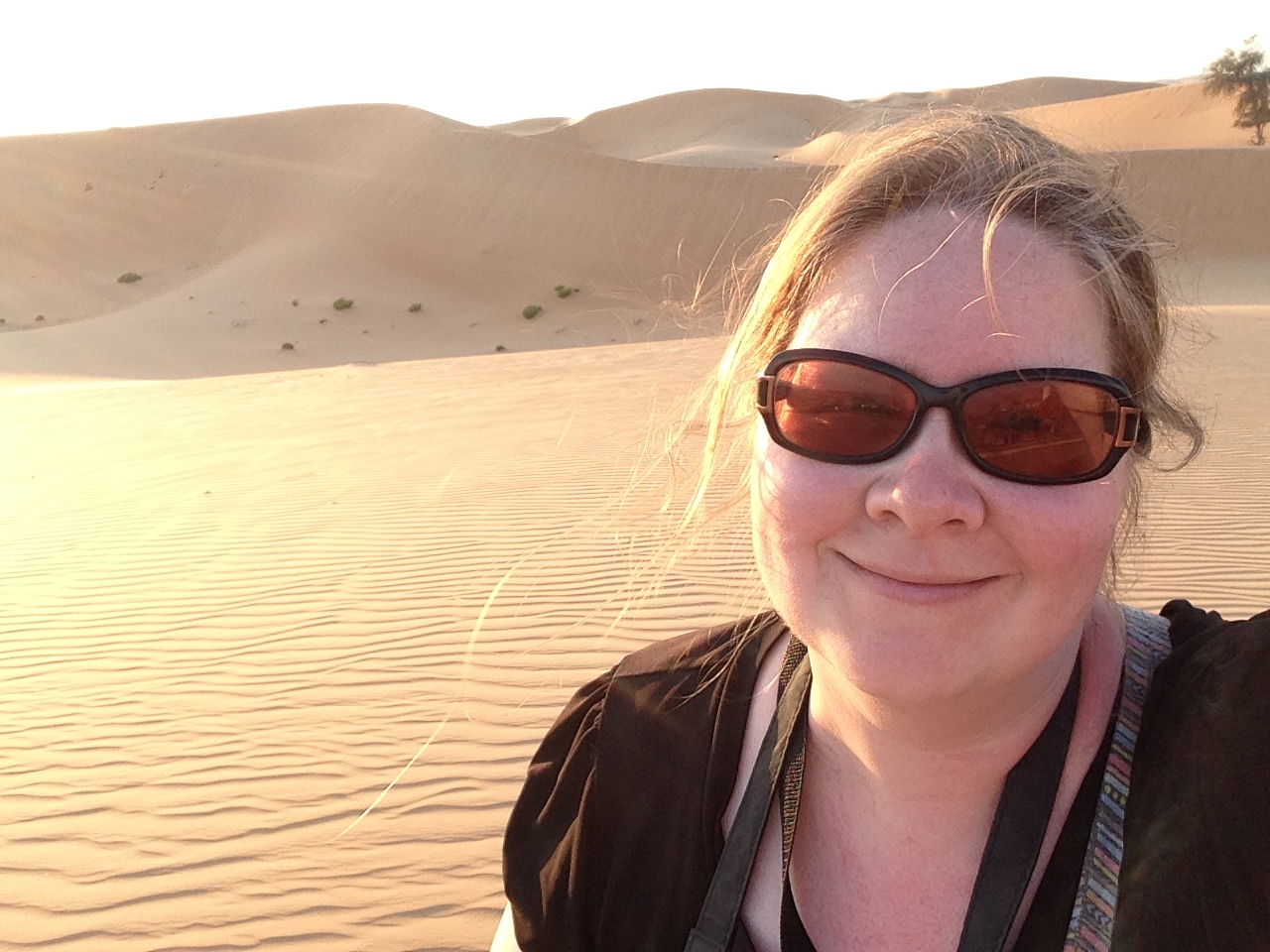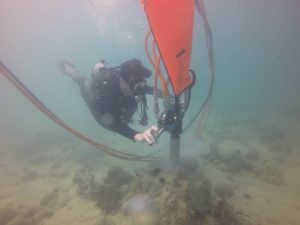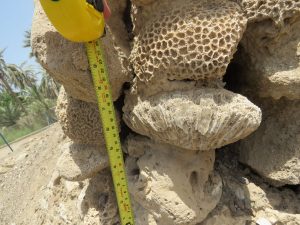Julie B. Retrum
 Instructor, Geology and Geological Engineering
Instructor, Geology and Geological Engineering
jbretrum@olemiss.edu
102 I Carrier Hall, University, MS 38677
Google Scholar Profile
ResearchGate profile
Experience
University of Mississippi– Instructor, 2017 to present
Petroleum Institute University and Research Center (now Khalifa University) – Research and Teaching Associate, 2014-2017
University of Minnesota – Postdoctoral Associate, 2012-2013
University of Minnesota – National Science Foundation Earth Science Postdoctoral Fellow, 2010-2012
University of Kansas – Graduate Teaching Assistant, 2002-2009
Education
University of Kansas – Ph.D., Geology, 2010
University of Kansas – M.S., Geology, 2004
University of Minnesota – Morris – B.A., Geology, 2002
University of Minnesota – Morris – B.A., Statistics, 2002
University of Minnesota – Morris – B.A., Biology, 2001
Research interests
- Quaternary Paleoclimate Reconstructions
- Carbonate Geology
- Geochemistry, stable isotopes and trace elemental analyses
- Geochronology, Uranium-series dating
RECENT PROJECTS
 Calibrating a Sr/Ca and δ18O thermometry for the Persian Gulf using Porites sp.
Calibrating a Sr/Ca and δ18O thermometry for the Persian Gulf using Porites sp.
Persian Gulf corals have adapted to living in an extreme thermal regime, experiencing the highest sea surface temperatures (SST) in summer and among the coldest temperatures in winter known to coral reefs globally. Climate models predict Persian Gulf-like SST for all the world’s coral reefs by the end of the century, making the Persian Gulf a unique area to study the ability of these corals to adapt to drastically changing temperatures. This project seeks to determine the Sr/Ca and δ18O relationship with SST from Porites sp corals. Once this relationship is understood, historical and fossil corals from the region can be used to reconstruction high-resolution paleoclimate records.
 Precise Coral U/Th Dating of UAE Archaeological Sites
Precise Coral U/Th Dating of UAE Archaeological Sites
The purpose of this research is to date architectural corals used in the construction of archeological and historical sites in United Arab Emirates. Corals were harvested from the sea to use in coastal settlements because of the lack of building materials in the Arabian Desert. The arid climate of this region makes them ideal specimens for high-precision Uranium/Thorium dating. The results of this project will have many implications for archaeologists and historians to understand better the timing of migration and construction of settlements and their potential relationship to other similar aged settlements in the region.